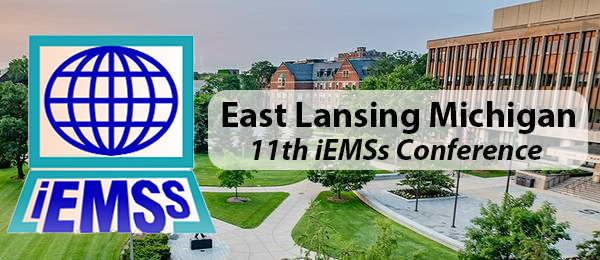Keywords
Artificial Intelligence; Urban Water Cycle; Hydrosocial cycle; Ethical concerns
Start Date
7-7-2022 1:40 PM
End Date
7-7-2022 2:00 PM
Abstract
Artificial Intelligence (AI) is dramatically transforming our lives and the environment. The Urban Water Cycle (UWC) management is a key part of this transformation, which encompasses the development and application of new elements of automation and monitoring as well as the use of AI’s and data mining as knowledge management tools. The research analysing the so-called “digital water” tends to perceive AI in water as overwhelmingly positive. An embryonic literature unpacks the more problematic aspects of AI in water; however, it remains overly superficial with respect to the broader socio-political implications of this transformation. The paper performs a critical overview of state-of-the art scholarship on AI and data mining applications in water, looking at both the opportunities and the concerns they generate. The paper combines a hydrosocial approach with urban political ecology (UPE) theories that look at the relation between water, society, power and domination as inseparable parts. This theoretical approach inspires questions such as: how data will be used, to what purpose, who decides, ‘who decides who decides’. These questions are also profoundly relevant for how the “digital revolution” in water will be understood and managed. The article asks: notwithstanding the benefits of these applications, to what extent are they obscuring instances of power and discrimination and what can be done to overcome these concerns?
The digital water revolution: opportunities and ethical-political concerns
Artificial Intelligence (AI) is dramatically transforming our lives and the environment. The Urban Water Cycle (UWC) management is a key part of this transformation, which encompasses the development and application of new elements of automation and monitoring as well as the use of AI’s and data mining as knowledge management tools. The research analysing the so-called “digital water” tends to perceive AI in water as overwhelmingly positive. An embryonic literature unpacks the more problematic aspects of AI in water; however, it remains overly superficial with respect to the broader socio-political implications of this transformation. The paper performs a critical overview of state-of-the art scholarship on AI and data mining applications in water, looking at both the opportunities and the concerns they generate. The paper combines a hydrosocial approach with urban political ecology (UPE) theories that look at the relation between water, society, power and domination as inseparable parts. This theoretical approach inspires questions such as: how data will be used, to what purpose, who decides, ‘who decides who decides’. These questions are also profoundly relevant for how the “digital revolution” in water will be understood and managed. The article asks: notwithstanding the benefits of these applications, to what extent are they obscuring instances of power and discrimination and what can be done to overcome these concerns?



Stream and Session
false